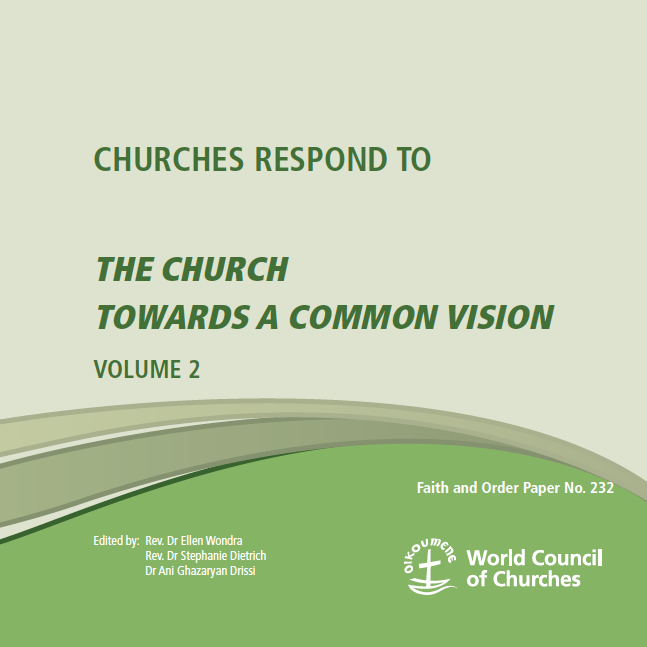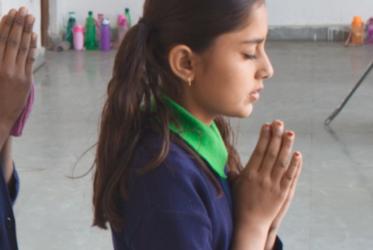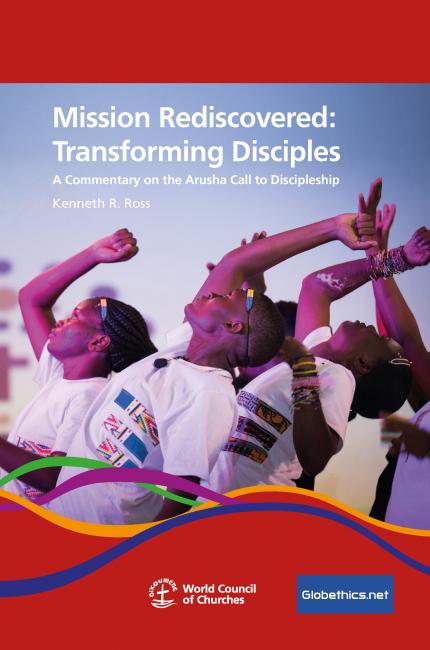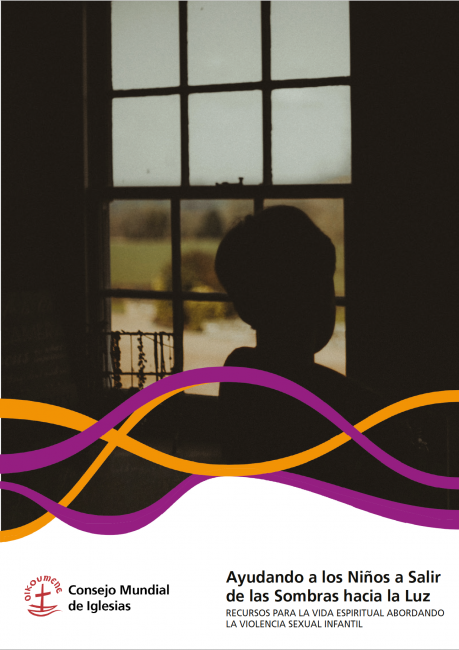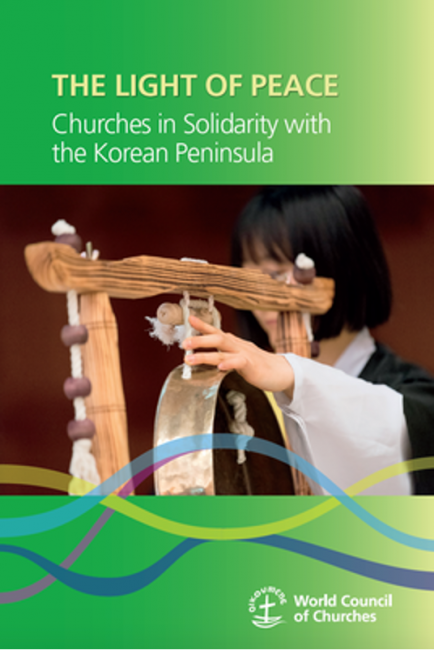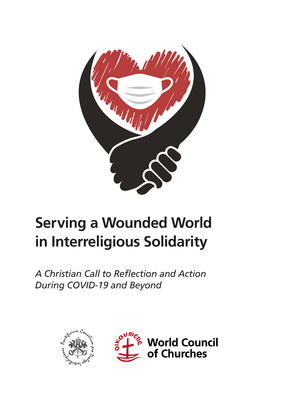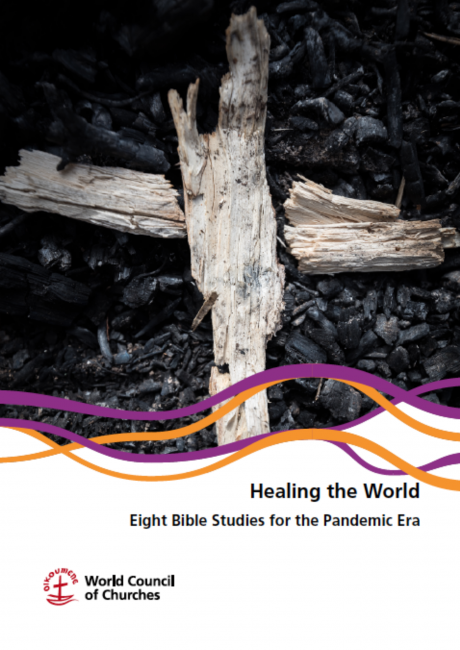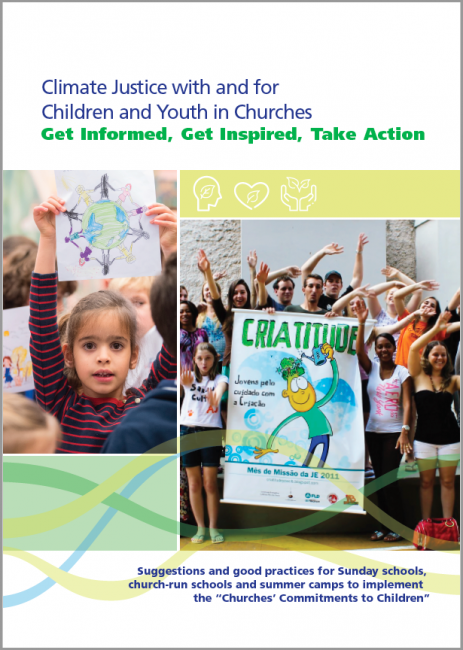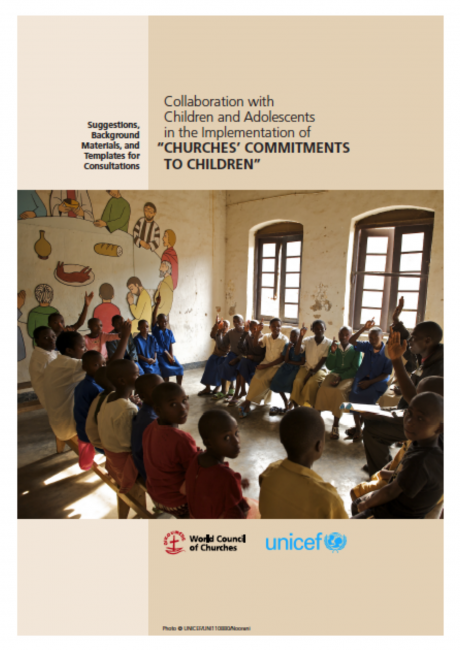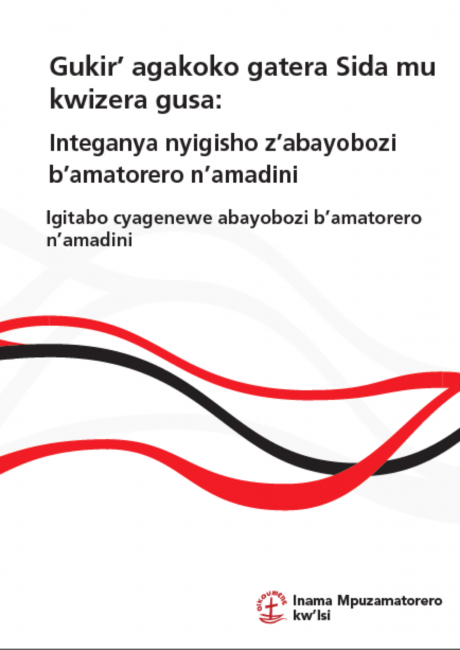Displaying 121 - 140 of 236
Faith and Order Paper No. 232
23 February 2021
Pray without ceasing!
04 February 2021
In pictures: Week of Prayer for Christian Unity
01 February 2021
Love and Witness
Proclaiming the Peace of the Lord Jesus Christ in a Religiously Plural World
18 January 2021
No room at the inn
26 December 2020
Mission Rediscovered: Transforming Disciples
A Commentary on the Arusha Call to Discipleship
02 December 2020
Cooler Earth - Higher Benefits
Actions by those who care about children, climate and finance.
20 November 2020
Ecumenical Global Health COVID-19 Response Framework
12 November 2020
Helping Children Out of the Shadows and Into the Light: Brochure
Church Resources For Ending Sexual Violence Against Children
04 November 2020
Helping Children Out of the Shadows and Into the Light: Spiritual booklet
Resources For Spiritual Life Addressing Sexual Violence Against Children
04 November 2020
Serving a Wounded World in Interreligious Solidarity
A Christian Call to Reflection and Action During COVID-19 and Beyond
25 October 2020
Climate Justice with and for Children and Youth in Churches
Get Informed, Get Inspired, Take Action
25 October 2020
Collaboration with Children and Adolescents in the Implementation of “Churches’ Commitments to Children"
Suggestions, Background Materials, and Templates for Consultations
25 October 2020
Treatment Adherence and Faith Healing in the Context of HIV and AIDS in Africa
Training Manual for Religious Leaders
25 October 2020
